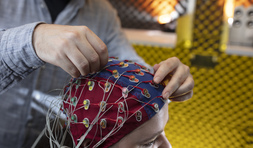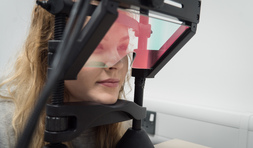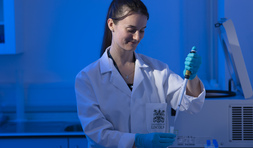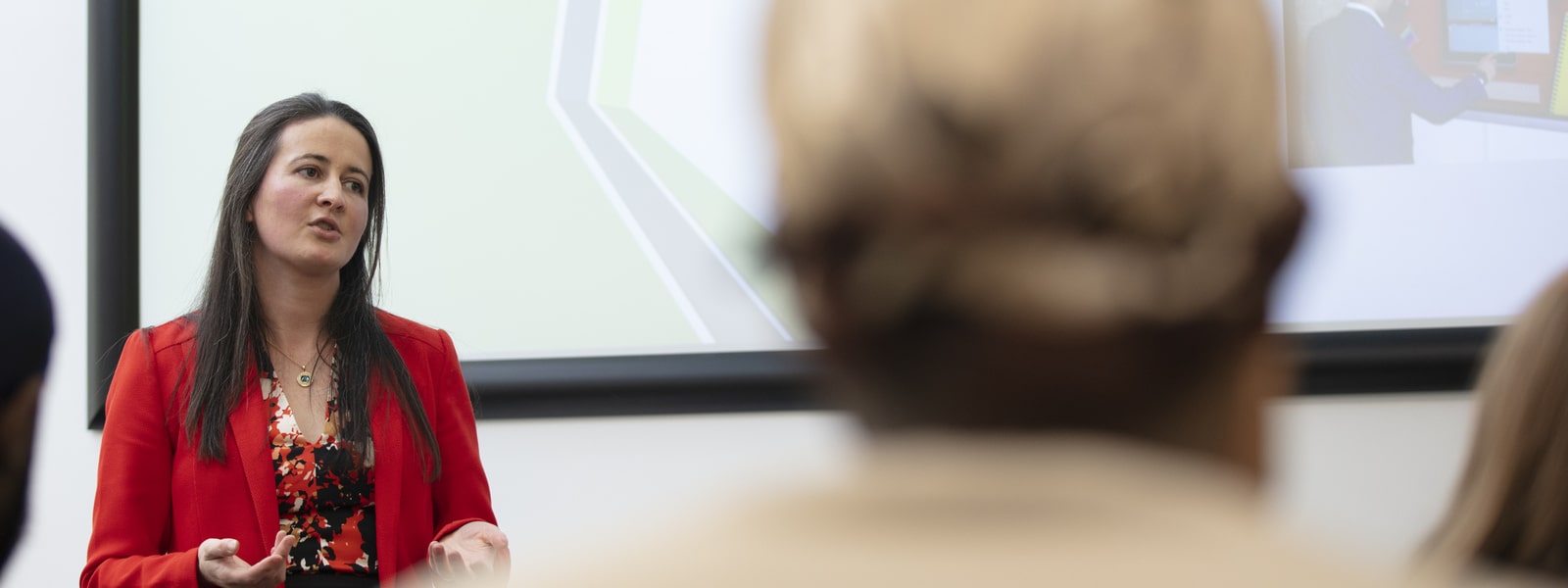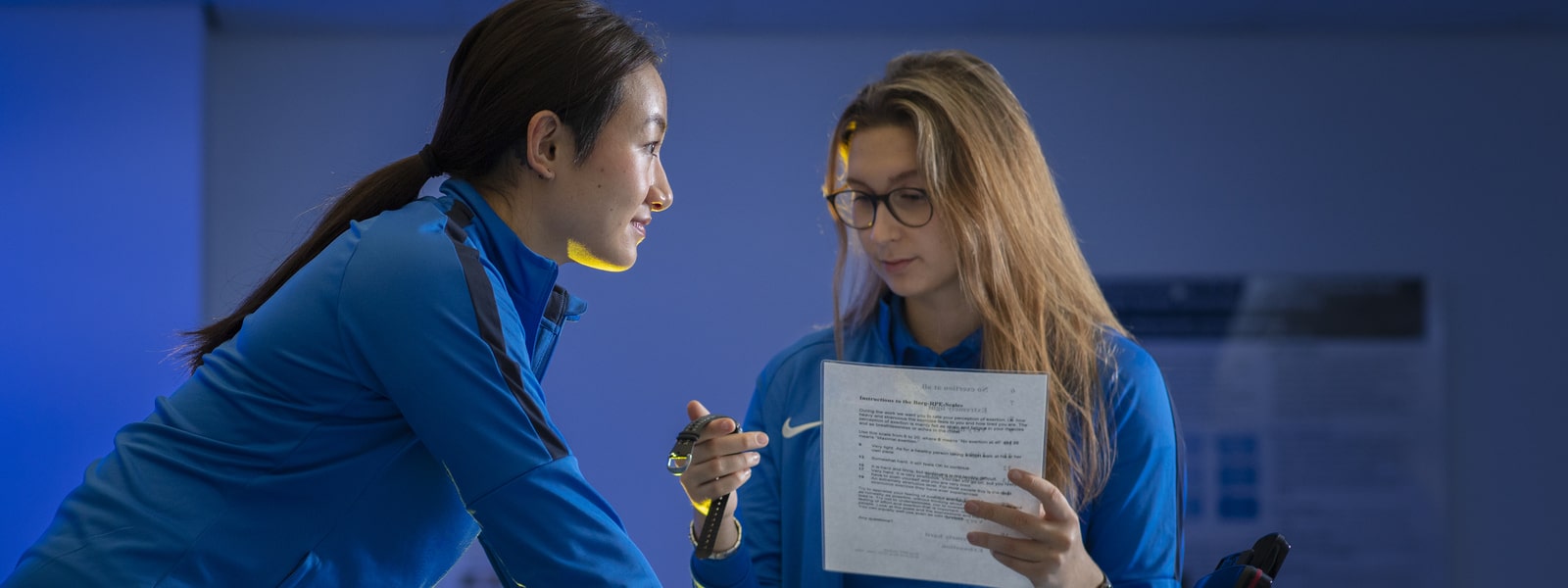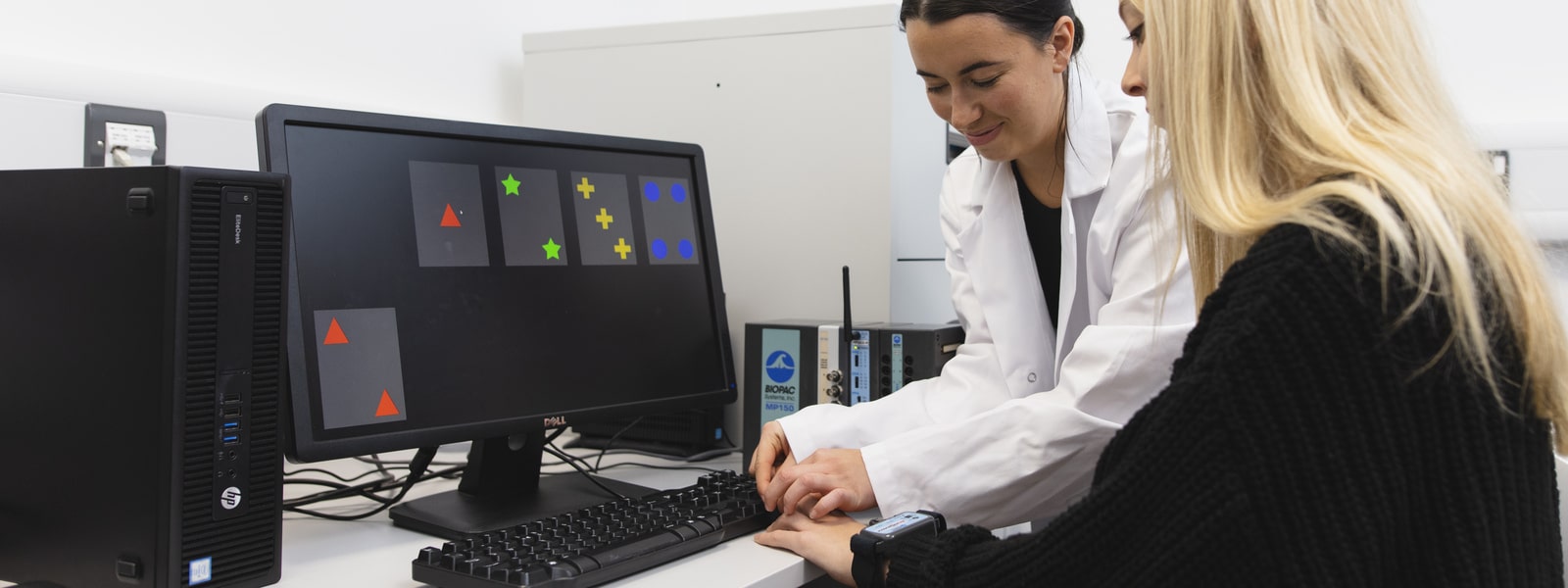Module Overview
This module aims to provide an in depth evaluation of mental health and disorder with regard the role of biological processes. Based on established theoretical and research context, this course will critically examine a range of biological theories regarding the nature of some of the most common and prevalent mental health problems such as schizophrenia and evaluate the role of the stress response in mental health more widely. This module will broaden the students understanding regarding the complexity of this topic and current debate issues in the field.
The specific objectives of this module are to:
Critically evaluate some of the main theories regarding biological psychopathology at the genetic, neurochemical and neuroanatomical level.
Apply an understanding of the role of physiological processes such as the stress response system and the immune system in the context of mental health and disorder.
Show detailed understanding of some of the mechanisms by which drug treatments used to treat disorders covered in this module are thought to work at the level of synapse.
Apply principles of drug design and clinical research to the evaluation of drug treatment efficacy in the treatment of specific mental health disorders.
Show a critical understanding of the role that individual differences and contextual factors can play on biological processes considered important to mental health and disorder.
Module Overview
The module extends the investigations of cognition that began in the first year. Areas critical to our understanding of cognition are considered in more depth, with consideration of both classic and current research into cognitive processes from both a cognitive and cognitive neuroscience approach.
Module Overview
This module aims to examine the concepts, theories, research methods and influencing factors in child development relevant to the period from birth to pre-adolescence.
Module Overview
The module aims to provide an introduction into psychological assessments using psychometrics, including questionnaires and scales. Based on the established theoretical and research context, this module will consider a range of assessment tools used in psychology to assess an individual’s behaviour or behavioural disposition, and provide an introduction into psychometric test development. The modules also aims to provide students with the opportunity to administer, score, and interpret psychological tests.
Module Overview
This module seeks to explore some of the central issues of social psychology, including how people deal with social information, such as the causes of behaviour and social categories, and how groups function and interact.
Module Overview
This module aims to broaden the understanding of mental health to encompass psychological well-being. Based on the established theoretical and research context, this module will consider an additional range of psychological disorders in terms of their assessment, aetiology, research background, and impact on the individual’s functioning and the environment they interact in.
Module Overview
This optional, year-long module enables students to spend a year studying abroad at one of the University’s approved partner institutions. Eligible students must have completed their second year of study to a satisfactory standard and successfully completed the application process for the year abroad. During the year spent abroad, students share classes with local students and study on a suite of locally-delivered taught modules which have been approved in advance by the University. Upon their return, as part of the assessment for this modules, students are required to critically reflect upon their experience of living and studying in a different cultural environment and the skills acquired.
Module Overview
This module aims to create a valuable opportunity for students to gain important insights and improve their skills and prospects relevant to employment or further study (i.e. within psychology or related subject areas) by undertaking relevant work experience.



